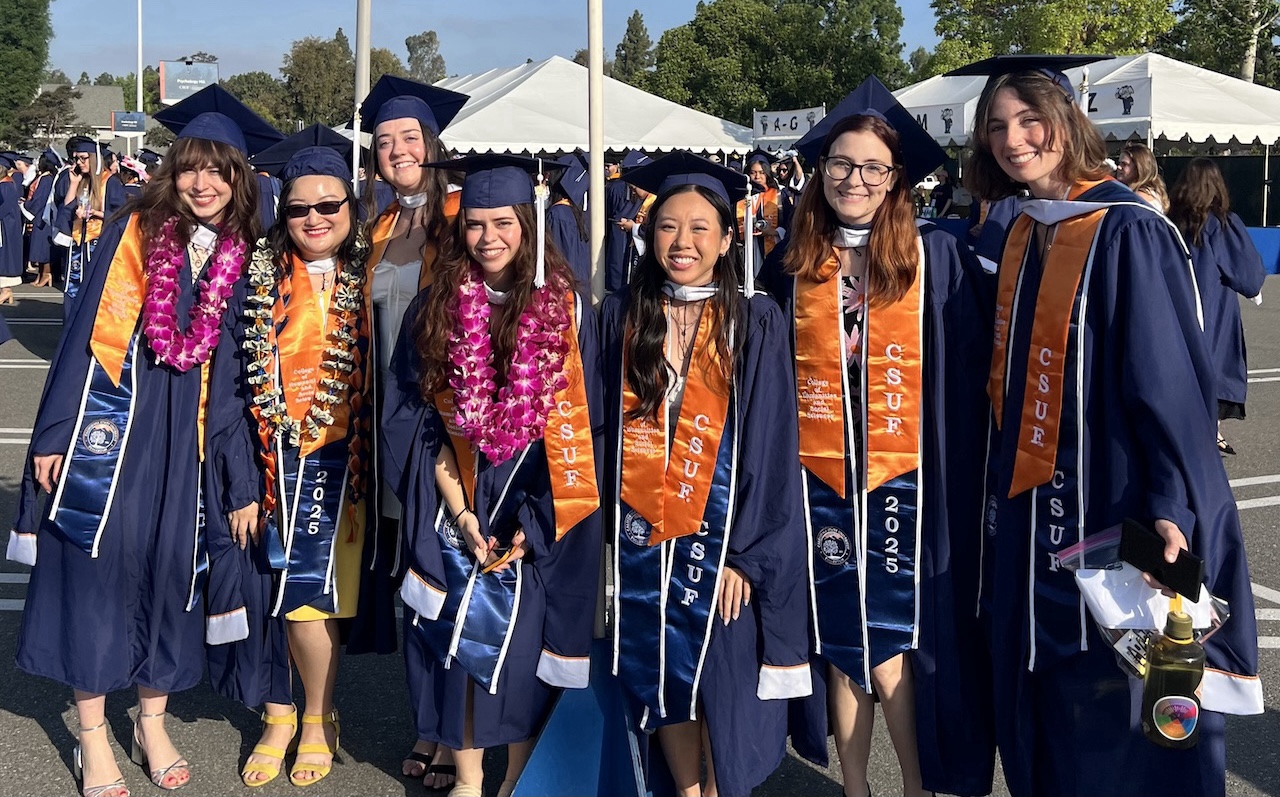You are now inside the main content area
background images and color
left col
right col
background images and color
background images and color
left col
right col
left col
right col
left col
right col
left col
right col
left col
right col
left col
right col
